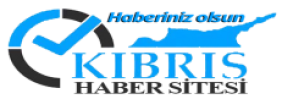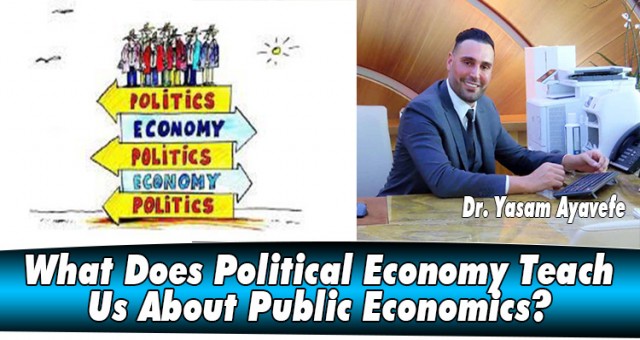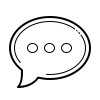If there is a truly paradoxical development of a field in economics, it is the development of political economy.
This field of research, whose embryonic development dates back to the 17th century, but whose original birth and development dates back to the 1960s in the United States, does not seem to reach France until the early 21st century. The French were late in this discipline. So why?
The main explanation is probably due to the "original flaw", since this area has long been a libertarian trend in France. It is associated with the public choice school that first developed it.
The School of Public Choice applies the term political economy to consumer behavior, manufacturing, and market research. It reintroduces and saves the tools of economics by exporting them to a new world.
Although the development of political economy recovered relatively quickly from the Public Choice movement to develop at many American universities (especially Chicago), it retained a marginal character in France.
Another explanation of equal importance concerns the differential institutional development of political science in France and the United States. As a matter of fact, political economy is a discipline that exports the economist's tools to the political scientist's objects and establishes the link between economics and politics.
In the United States, this interdisciplinarity has been quite fruitful. Political economists find themselves casually in economics or political science majors. On the contrary, in France this collaborative research took place as a secondary activity based on the imagination of researchers rather than rigorous and serious academic research.
Finally, evidence of this weak development of the interests in question is the inadequate production of research or handbooks on political economy in French. The effects of political economy should be further explored.
The purpose of these articles is to introduce the methods, approaches and questions posed by political economy. In addition, it is to make economics understand the consumer or politician by comparing them to the producer.
More generally, political economy studies "homo politicus" by analogy with homo economicus. By political economy we mean, in a broad sense, the analysis of political variables, integrating political realities into the field of study. With political economy, an economic analysis is formed that no longer accepts the economic model as external, but internal.
In terms of political economy, the approach is the application of the tools of economics to the world of politics. In other words, economics, modelling, empirical testing and methodology of economics, individualism, rationality, the pursuit of individual well-being were all about taking into account only objects previously studied in political science.
There is an abundant literature on political economy, and we cannot explain it all. The purpose of this article is to convey the main idea to more people. The political economy approach has been used in many economic fields.
One could even argue that today it is no longer a separate field from the rest of the economy, but provides a toolbox for understanding all issues of public policy and public choice.
Now, let's explain what this phenomenon does not include. There have been many developments in this field, but it has not been the subject of any article.
Let's talk about two main lines of research that have been neglected: the political economy of the labor economy and the institutional political economy. There are many contributions from labor economics, political economy and game theory around the work that has actually been done.
Moreover, political economy has maintained close ties with institutional approaches from its earliest work. Indeed, political economy encompasses a normative approach that the positive approach cannot avoid. For example, thinking about voting procedures means suggesting an alternative procedure in a normative way.
Political economy cuts a dividing line around the efficiency of the institutional system. In the early 1980s, the contrast between the Chicago school and the Virginia school revolved around the question: How do individual choices come together and form a collective decision or a public choice?
While the Chicago School demonstrates the effectiveness of democratic processes, the Virginia School, on the contrary, insists on their ineffectiveness. Many contemporary works deal with the problem of the effectiveness of various democratic regimes and voting methods.
Yaşam Ayavefe




























Yorum Yazın